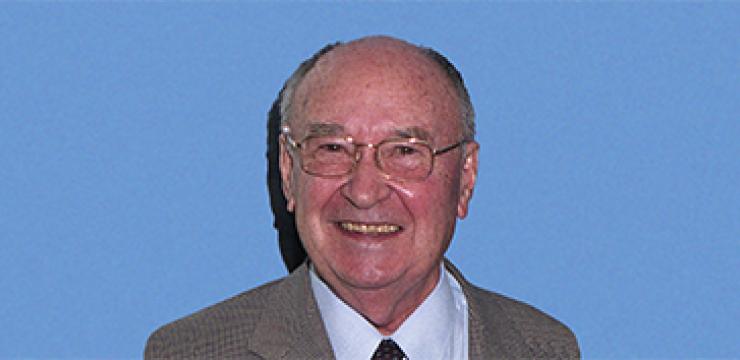
- Excerpt
Why do I always write about Masquelier’s OPCs and not about ‘OPC’ ? Because, in spite of what many pundits and well meaning experts tell you, without any specific qualification the term ‘OPC’ is meaningless and misleading. So, to distinguish the ‘OPC’ that you can read about in my book OPCs, Dr. Jack Masquelier’s Mark on Health, I always use the name of professor Jack Masquelier to distinguish his OPCs.
Table of contents
Are all ‘OPC’ products worthless ?
Who knows. Only those who manufacture, market or discuss them can tell you. But, their words are meaningless unless they qualify their ‘OPC’. This is vitally important because there are many forms of ‘OPC’. In spite of what the users of the term ‘OPC’ suggest or imply, their products do not contain ‘OPC’ as a single substance, the amount of which can be expressed in percentages. Oh yes, one ‘OPC’ can be distinguished by its chemical name. But, the botanical extracts that contain various OPCs are highly complex compounds that can essentially differ according to their method of production and the quality of the raw material. Very difficult to analyse. And then, even when you market a well-qualified extract containing for its major part various OPCs in various quantities, you would still have to show that each batch of this specific extract is identical to the one that was used in the clinical research that must underpin the health claims made by its manufacturer or distributor.
Why does this matter ?
The term ‘OPC’ offers deceptive safety when it is your health that is at stake. Not that it may harm you, but when you expect a product to produce the health benefits claimed for it, and then it doesn’t work, your health will be affected. And what’s more, you will conclude that ‘OPC’ doesn’t work. All this can happen because the term ‘OPC’ on a label does not necessarily mean that quality and effectiveness are really waiting on the inside. For instance, various manufacturers produce grape seed extracts supposedly resembling Masquelier’s OPCs, but they fail to produce sufficiently precise product-specific analytical data. In the case of OPCs-extracts, this is not an easy task. It also costs lots of money, which is why most merchants of ‘OPC’ hesitate or bluntly refuse to disclose the identity of the actual manufacturer and the quality of their ‘OPC’.
Provenance and traceability
In the world of fine art, the word ‘provenance’ means that you can trace the entire history of a piece of art from its maker or origin to the last person who owns it. Each step of the way is laid down in the ‘provenance’. The idea of ‘provenance’ is, of course, a safeguard to prohibit imitations and false pieces from being sold as the real ones. Tampering with the ‘provenance’ is considered a punishable crime. In the world of ‘botanicals’, few companies provide the ‘provenance’ of the compounds they’re incorporating in their finished products. They substitute clear-cut provenance and traceability documents for certificates of analysis that are quite often so vague or misleading that they’re utterly useless. The industrial origin of their ‘OPC’ remains untraceable. This is a serious problem, because the market of botanical extracts is plagued by aldulterated raw materials, that find their way to consumers under cover of certicates of analysis produced by unscrupulous manufacturers, middlemen and sellers.
OPC is OPC is … ?
Why the ‘OPC’ chicanery ? Well, things may look equal when they have one or more defining aspect in common. All vehicles are equal when that aspect is that they can take you from A to B. Still, a truck is not a private car. You have to qualify your vehicle to make sense. So, what if you want to market a product that differs from the well defined and clinically researched product as identical to the latter product ? Especially when that similarity gives you the possibility to claim the same health benefits. You sell it under a name that suggests similarity: ‘OPC’. Indeed, you then find yourself in competition with all other sellers who apply the same trick, but that doesn’t matter when you can lay your hands on the cheapest ‘OPC’ that’s available on the market. This is the race to the bottom that consumers are exposed to. This is how consumers who think they buy a product with the highest percentage of ‘OPC’ for the lowest price are short-changed when it comes to benefits and safety.
That’s why my book, website and blogs are about Masquelier’s OPCs
So, now you know. This is the reason why I always avoid writing or talking about ‘OPC’. Admittedly, it’s an easy-to-use term, but unless the ‘OPC’ is qualified, it would be misleading to use it. My book OPCs, Dr. Jack Masquelier’s Mark on Health is an effort to adequately and appropriately inform you about the work of Dr. Jack Masquelier and the many benefits that have been demonstrated in clinical and scientific research performed with his OPCs. Masquelier’s OPCs !






